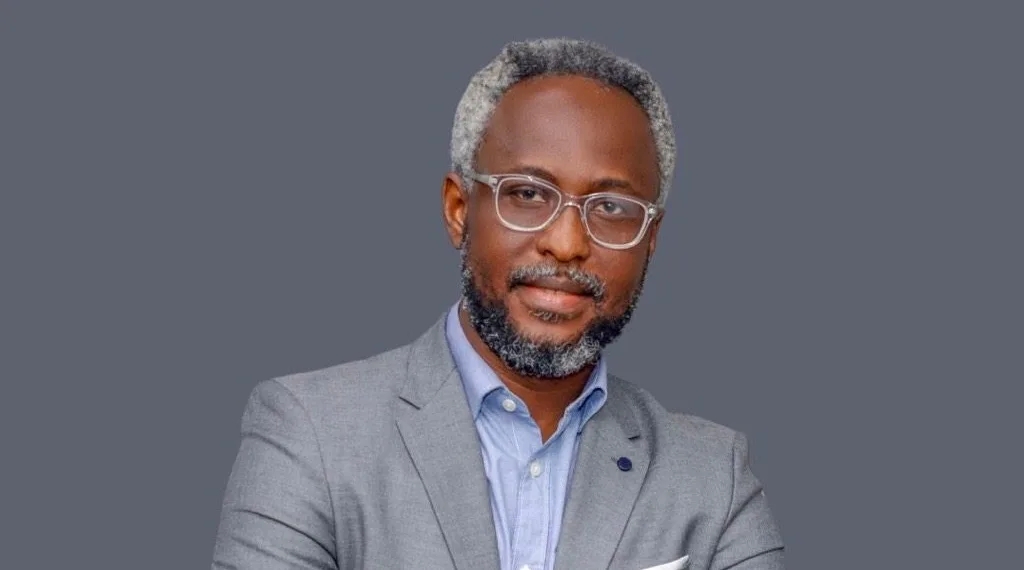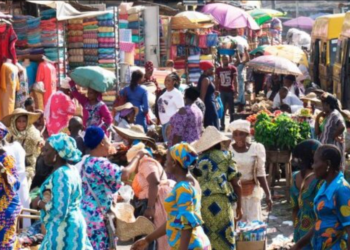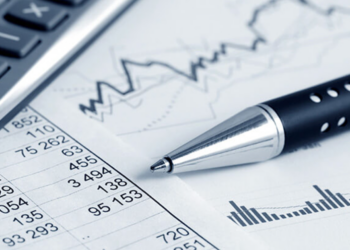Following numerous speculations about a possible devaluation of the naira, the Association of Bureau De Change of Nigeria (ABCON) has argued that it is uncalled for to ask the Central Bank of Nigeria to carry on with devaluation.
Speaking on the sidelines of a recent sensitisation event, ABCON’s President, Aminu Gwadabe, stated that in view of prevailing macroeconomic developments and the government’s current fiscal stance, nobody should be asking for naira devaluation. Daily Trust quoted him to have said:
“Devaluation will not do any good, especially we can see, of course, there is border regulation, which has improved a lot of activities in the economy.
“We are struggling with electricity in terms of its availability and also, Nigeria still remains an import-dependent country struggling with infrastructure.”
Speaking further, Gwadabe stressed that as far as ABCON is concerned, the current exchange rate for a dollar is N360. He acknowledged that there are windows for exchanging a dollar at the rates of N305 and N306 but was quick to add that these rates are not available to everyone but only for “government obligations.
[READ: Concerns as CBN closes 2019 without publishing 2018 annual report]
He, however, noted that if the plan is to unify everyone so that they start buying dollar at the rate of N360, then it is all well and good.
“The rate is not for everybody. How many percentage of Nigerians get N306 to a dollar? So, if unification is for everybody in the market to be buying like N360, fine and good.”
Recall that there have, indeed, been many speculations that the Central Bank of Nigeria may have no choice but to devalue the naira in 2020. One of the most recent predictions came from Afrinvest West Africa Limited. Nairametrics reported that the company’s Managing Director, Ike Chioke, recently argued that the only thing that could prevent Nigeria from devaluing its currency soon is a radical increase in crude prices.
Analysts at EFG Hermes also predicted that the CBN might have to devalue the naira between 5-10% in 2020.























